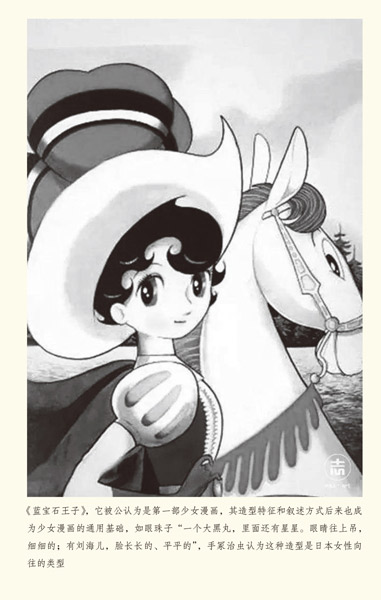 |
|
An illustration in the book. [Photo provided to China Daily] |
Shao compares the book to A Dictionary of Maqiao by Han Shaogong as both the books, one nonfiction, and one fiction, talk about Chinese from a certain period in the form of dictionary entries.
She also refers to Canadian philosopher Marshall McLuhan's work about a global village and internet tribes.
McLuhan spoke of these things more than 30 years before they happened.
In his work, he said: "The new electronic independence re-creates the world in the image of a global village."
In her words, Shao says more people will join certain kinds of "tribes", with different cultures and languages, and the new book just grasps the moment.
In a related development, a recent survey by Tencent on the people born after the year 2000, says that 62 percent of those surveyed are willing to invest money and time into fields which they are interested in. What they crave is mainly peer recognition, and they care more about the groups they are with.
"Sixty-five percent of people born after 2000 say that when they disagree with others, their first reaction is to try to understand," the survey says.
This is very typical about the country's younger generation, say the authors of the book.
And Wang, who is from Peking University, says: "Personal hobbies and preferences have replaced geography and blood ties to be the basis of emotional connections, especially in cities."
So people in some of the internet circles/tribes may build their own identity on their perceived notions of superiority and contempt for other circles, says Wang. "But the process of producing the book by writers belonging to different 'tribes' shows that young people are open to dealing with differences."
Kuang, the editor, says: "Their wonderful academic attitude of avoiding jumping to judgment and just stating the facts is what makes the book especially valuable, readable and authoritative."